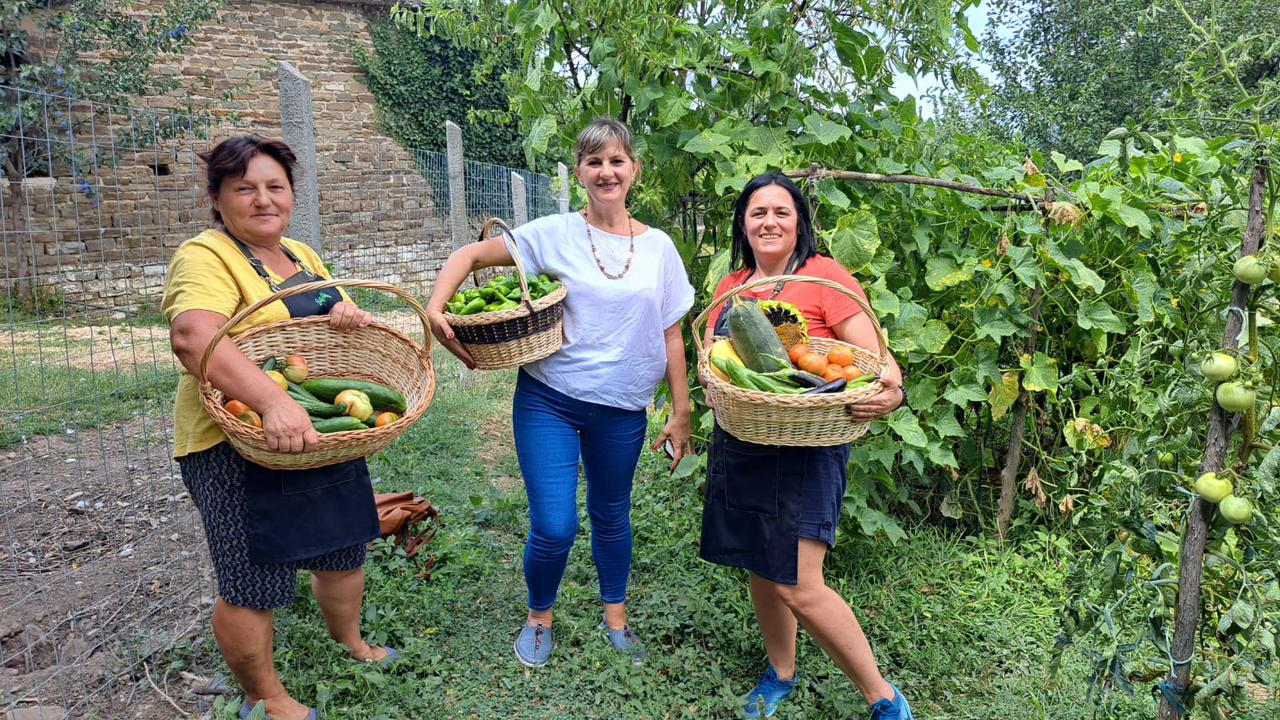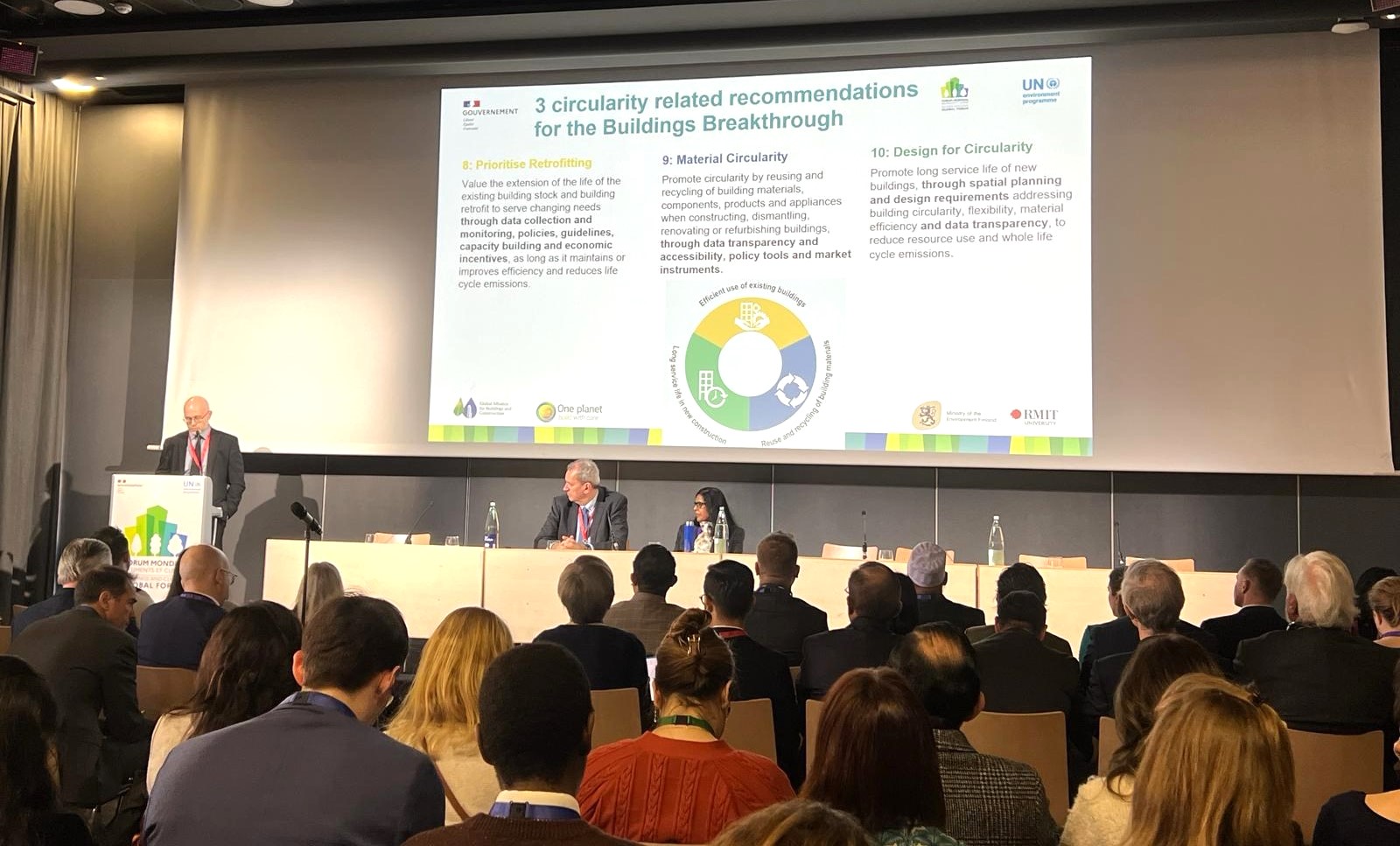National Waste Management Plan 2021-2027
The aim of the document is to introduce measures that promote the decoupling of resource use from needs-based sustainable economic development, reduce material use and waste, contribute to more efficient resource management, support the life cycle of products and promote the circular economy.
The National Waste Management Plan 2021-27 sets out action lines for circular economic purposes and includes a waste prevention plan.
In the triple bottom line of economic growth, environmental protection and social equity, the most effective contribution to sustainable development in the field of waste management can be made by preventing waste generation, replacing hazardous substances used in the production of products, and using material-saving and low-waste technologies, which also reduce waste management needs and costs. By harnessing the material and energy potential of waste and the need to recover it, waste management can become part of the global material and product life cycle, a key element of integrated product and production policy and planning, sustainable consumption and production. The document points out that one important means of achieving sustainable consumption and production is to change attitudes.
Conscious purchasing, changing corporate practices and national regulations can be tools to curb food waste. Food safety must also be properly adapted to ensure that food that is safe for human consumption and not objectionable from the point of view of food safety is no longer destroyed.
External source(s)



